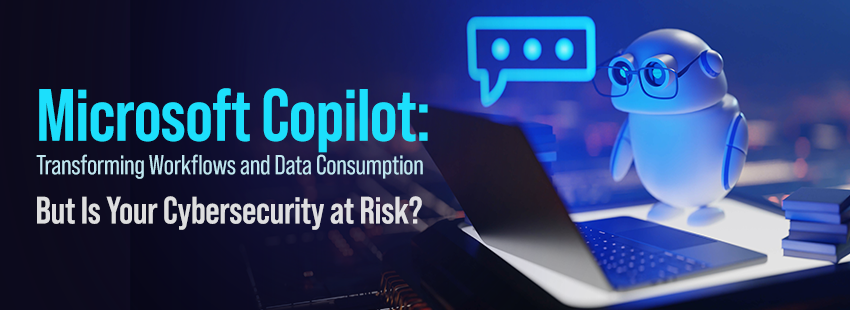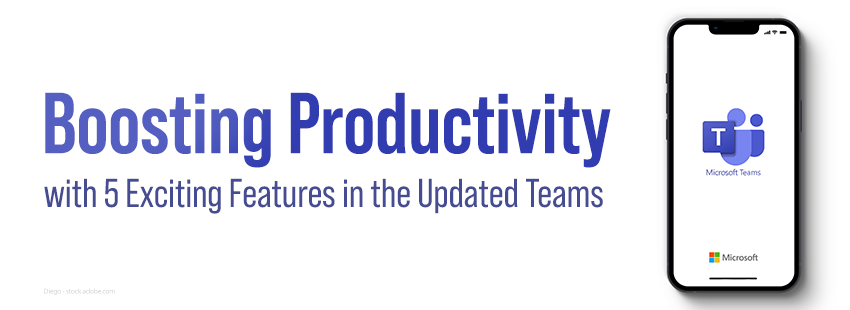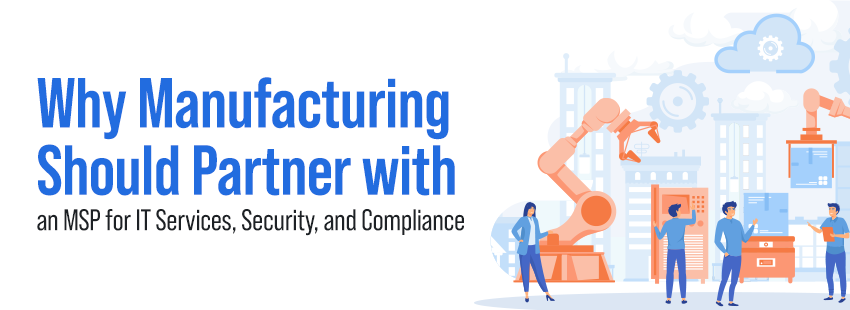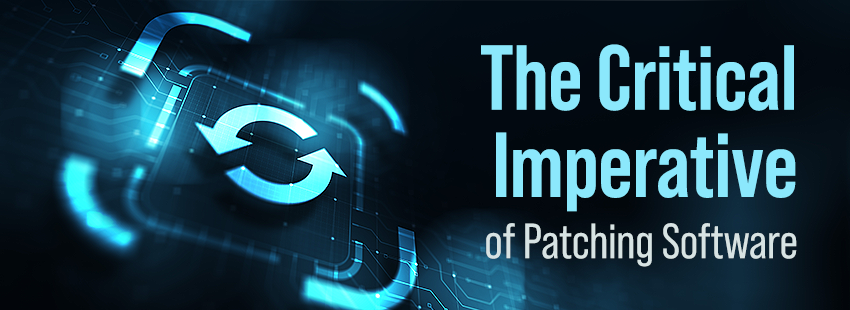Organizations face increasing pressure to protect sensitive data, maintain regulatory compliance, and bolster their cybersecurity efforts. This often leads to the question: “Do I need to be CMMC, NIST, or ISO compliant?” In this article, we’ll explore the differences between these compliance frameworks and help you determine which one is best suited for your business needs.
Understanding Compliance Frameworks
Compliance frameworks are essential for businesses of all sizes, as they provide a structured approach to addressing cybersecurity and data protection. Let’s delve into the three most prominent options: CMMC (Cybersecurity Maturity Model Certification), NIST (National Institute of Standards and Technology), and ISO (International Organization for Standardization).
CMMC (Cybersecurity Maturity Model Certification)
CMMC is a framework primarily designed for organizations working with the United States Department of Defense (DoD). It focuses on safeguarding Controlled Unclassified Information (CUI) and classifies organizations into different levels of cybersecurity maturity. If your business contracts with the DoD or plans to do so in the future, CMMC compliance is a must.
NIST (National Institute of Standards and Technology)
NIST provides a comprehensive set of cybersecurity standards and guidelines. While initially developed for federal agencies, NIST has gained widespread recognition and can be adapted to various industries. If your business operates in sectors where NIST compliance is highly recommended or required, such as finance or healthcare, you should strongly consider implementing it.
ISO (International Organization for Standardization)
ISO 27001 is the international standard for information security management systems (ISMS). It offers a versatile framework applicable to organizations across industries. Achieving ISO 27001 certification demonstrates your commitment to data security and can enhance your reputation in the global market.
Choosing the Right Compliance Framework
To determine which compliance framework aligns with your business, consider the following factors:
- Industry: Research industry-specific requirements and regulations. Some industries may have specific compliance obligations that make one framework more suitable than others.
- Customer Requirements: Assess whether your clients or partners require adherence to a particular framework. Contractual obligations can significantly influence your choice.
- Future Growth: Consider your business’s growth trajectory. If you plan to expand into new markets or work with government agencies, you may need to comply with multiple frameworks.
- Resource Availability: Evaluate the resources and expertise available within your organization. Some frameworks may require more substantial investments in terms of time, personnel, and technology.
- Risk Tolerance: Assess your organization’s risk tolerance. Some compliance frameworks offer higher levels of security but may come with increased costs and complexity.
- Budget: Determine your budget for compliance efforts. While investing in cybersecurity is essential, it’s crucial to choose a framework that aligns with your financial capabilities.
Today’s cybersecurity and data protection require some type of compliance with CMMC, NIST, or ISO standards that is crucial for safeguarding your business and meeting regulatory requirements. Each framework offers unique advantages, and the choice ultimately depends on your industry, client requirements, growth plans, available resources, risk tolerance, and budget.
Remember that compliance is an ongoing process. Regularly review and update your cybersecurity measures to adapt to emerging threats and changing regulations. By choosing the right compliance framework, you can enhance your organization’s security posture and build trust with clients and partners.
In summary, whether you need to be CMMC, NIST, or ISO compliant depends on your specific circumstances and objectives. Take the time to assess your needs and consult with experts if necessary to make an informed decision that best suits your business.





